International Relations
Relations across the UK, Europe and globally are frequently changing, and have done so across our history. How these relations are recorded, monitored and treated are discussed in the collection of articles and podcasts here. The very concept of international relations is explored as are when boundaries and discussions between states and groups started to matter. What are the procedures, protocols and outcomes of a world according to the history of international relations are all under scrutiny?
Sort by:
Date (Newest first) | Title A-Z
Show:
All |
Articles |
Podcasts |
Multipage Articles
-
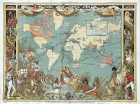
Navigating the ‘imperial history wars’
ArticleClick to view -
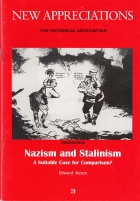
Nazism and Stalinism
ArticleClick to view -

Neville Chamberlain: Villain or Hero?
ArticleClick to view -
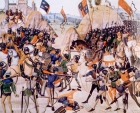
On the campaign trail: walking the Hundred Years War
ArticleClick to view -
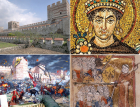
Planning a more diverse and coherent Year 7 curriculum
ArticleClick to view -
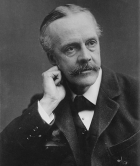
Polychronicon 143: the Balfour Declaration
ArticleClick to view -
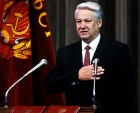
Polychronicon 164: The End of the Cold War
ArticleClick to view -
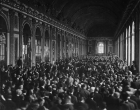
Polychronicon 175: Paris 1919 – a century on
ArticleClick to view -

Richard Evans Medlicott lecture: The Origins of the First World War
ArticleClick to view -

Stalin, Propaganda, and Soviet Society during the Great Terror
ArticleClick to view -
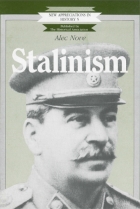
Stalinism
ArticleClick to view -
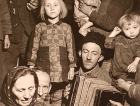
Teaching 20th-Century History Resources
ArticleClick to view -
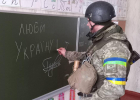
Teaching about the Russian invasion of Ukraine and events happening there
ArticleClick to view -

Telling difficult stories about the creation of Bangladesh
ArticleClick to view -
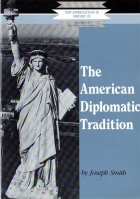
The American Diplomatic Tradition
ArticleClick to view -
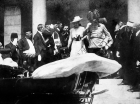
The Assassination of Arch Duke Franz Ferdinand
ArticleClick to view -

The Byzantine Empire on the Eve of the Crusades
ArticleClick to view -
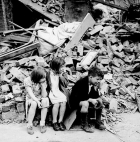
The Coming of War in 1939
ArticleClick to view -

The Effect of Prior Knowledge on Teaching International History
ArticleClick to view -
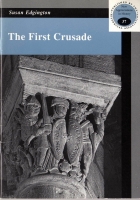
The First Crusade
ArticleClick to view

